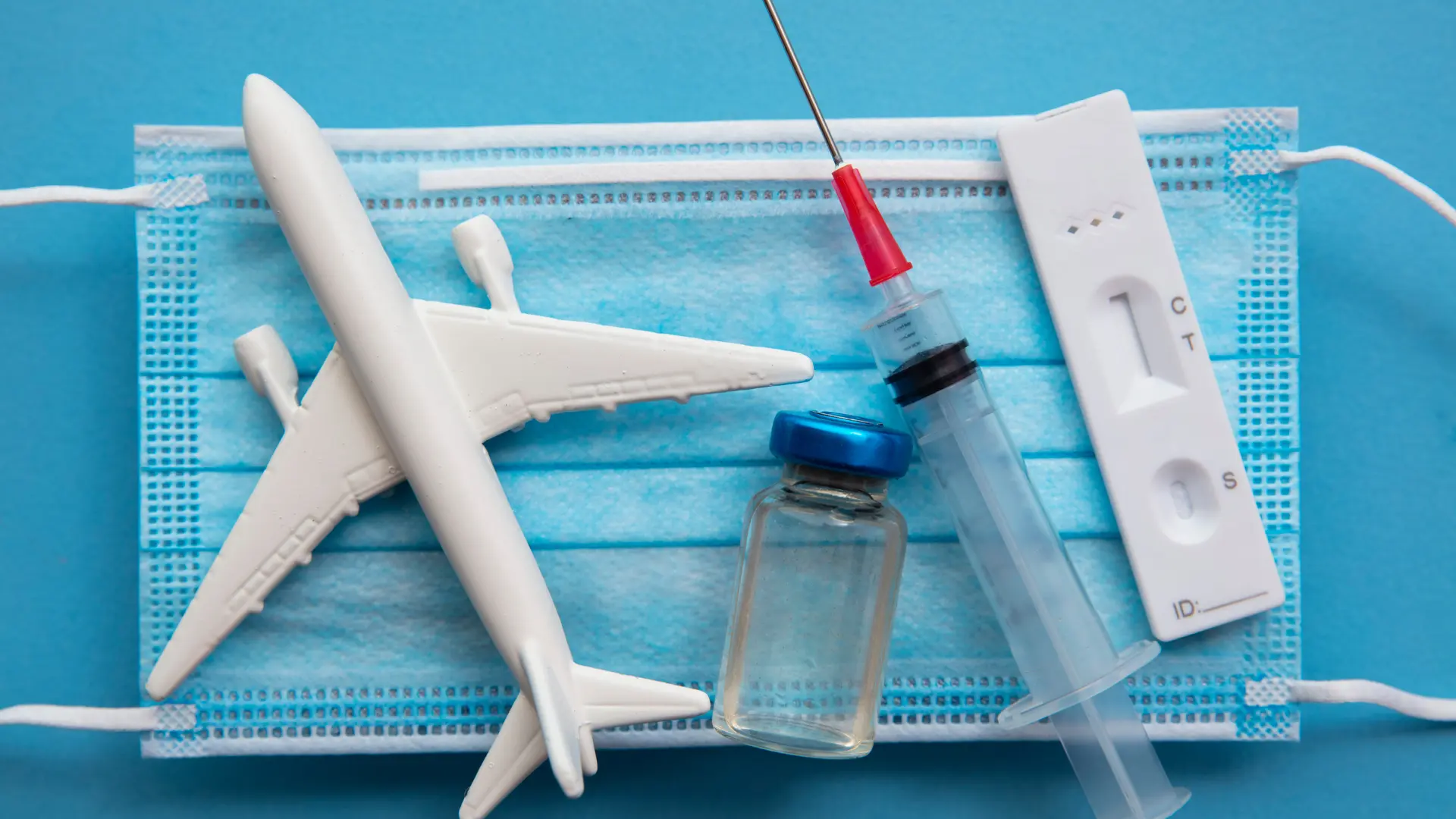UAE Travel Restrictions and Prescribed Goods Understanding what items are banned or restricted in the UAE is essential for travelers to ensure a smooth and trouble-free entry into the country. The UAE has strict regulations regarding certain goods, with clear distinctions between restricted and banned items. Let’s delve into these categories to provide a comprehensive guide. Understanding Restricted vs. Banned Items Restricted goods are those whose import or export is controlled under the Common Customs Law or any other relevant regulation. These items may be allowed under specific conditions, often requiring special permissions or adherence to certain guidelines. On the other hand, banned goods are those whose import or export is outright prohibited under the Common Customs Law of the GCC States or other applicable laws in the UAE. Banned Items 1. Controlled or Recreational Drugs and Narcotic Substances The UAE enforces a
Topics
- Artificial Intelligence
- companies
- Construct 360
- E-Commerce industry
- Economy News
- Economy News
- Editor Choice
- Edtech industry
- energy industry
- Entertainment & Leisure
- Entrepreneurs
- Featured
- Fintech
- Funding News
- General News
- Government Policies
- Growth & Strategy
- Health & Wellness
- Healthtech
- industry
- Information & Communication Technology
- Lifestyle
- Management
- Management and Leadership
- Marketing & Branding
- Merger and Acquisition
- Money & Personal Finance
- News
- Oil and Gas
- Real Estate
- Sports and Productivity
- Start-up
- Technology
- Top 10 Listing Article
- Travel
- Women
More
Popular Categories




